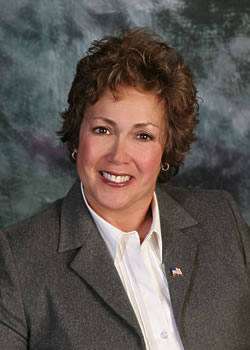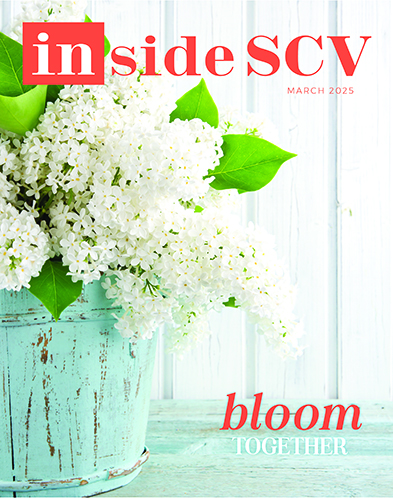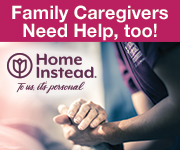HEALTH - SENIORS
Ann on Aging
Caring Enough to Give
January, 2007 - Issue #27
 |
My mom is terminally ill and the matter of care giving has been foremost in my mind. Having worked with families for many years in long term care insurance coverage, the question of who will care for me comes up over and over. There is no one definition for care giving because it's multi-faceted and I'm absolutely convinced that many of you have your own stories to share. So, bear with me as I recount some of the humorous incidents that have brought joy and laughter amid the sadness of letting go.
| "Mom arose one day from a late nap and announced that she was ready to stuff the turkey. Not particularly funny, except it was in the MIDDLE OF JULY." |
Over the past many months I've been blessed to be able to gather her up from her care home and bring her to my house for two to three days at a time. She arose one day from a late nap and announced that she was ready to stuff the turkey. Not particularly funny, except it was in the middle of July. It took a good 10 minutes to convince her it was not Thanksgiving and there was no turkey awaiting her stuffing. She was, to say the least, quite a few marshmallows short of a yam casserole.
My brother recently visited Mom and she told him when he left that he needed to jump over the wall because it was too expensive to go out the way he came in. We have yet to figure that one out, but then again, isn't that what care giving is? We accept the way our loved one is at that moment and just punt. There are hundreds of books about care giving, but then again, there is an abundance of parenting manuals. We can read ourselves into oblivion, but practical, hands-on experience and a good sense of humor is the only thing that will bring us through it.
I'm convinced that the circle of life is just that, and as we age, we come full circle, from infant, toddler, adolescent and adult right back to toddler and sometimes infant. As caregivers, we watch our parents regress and we become the parent. That's hard and I'm not sure God designed life this way, but it's reality. One of the hardest things I've ever done is to take Mom directly from one of her many, many hospital stays, directly to a nursing home and gently tell her she would not be returning to her home. That was more traumatic for me than buying my daughter her first bra!
I'm reminded of Harold and Bob, two elderly gentlemen spending their last years in a retirement home. They were sitting on a bench enjoying the warm sunshine when Harold turns to Bob and says, "I'm 83 years old now and I'm just full of aches and pains. I know you're my age, how do you feel?" Bob replied that he felt like a newborn baby. "Really, like a newborn baby?" said Harold. "Yup," said Bob, "No hair, no teeth and I think I just wet my pants!"
Family caregivers represent 80 percent of all home care services and are conservatively valued at $257 billion a year. This is more than twice the amount spent on paid home and nursing home services combined. Care giving is hard work and a lot of pain and joy. It is loving, giving and sharing. It involves learning about public programs such as Medicare, medical and social security. It is a frustrating search where there are too few answers. There are a myriad of websites on care giving. To recommend a few: www.familycaregiving101, www.caregiving.org and www.aarp.org/familes/caregiving.
To all caregivers: I wish you strength, comfort and a new year filled with good memories and loving acts of kindness.
--------------------------------------------------------------
Share your care giving stories with Ann by e-mailing ann@insidescv.com.
|
||||||||||||||||||||||||||||




